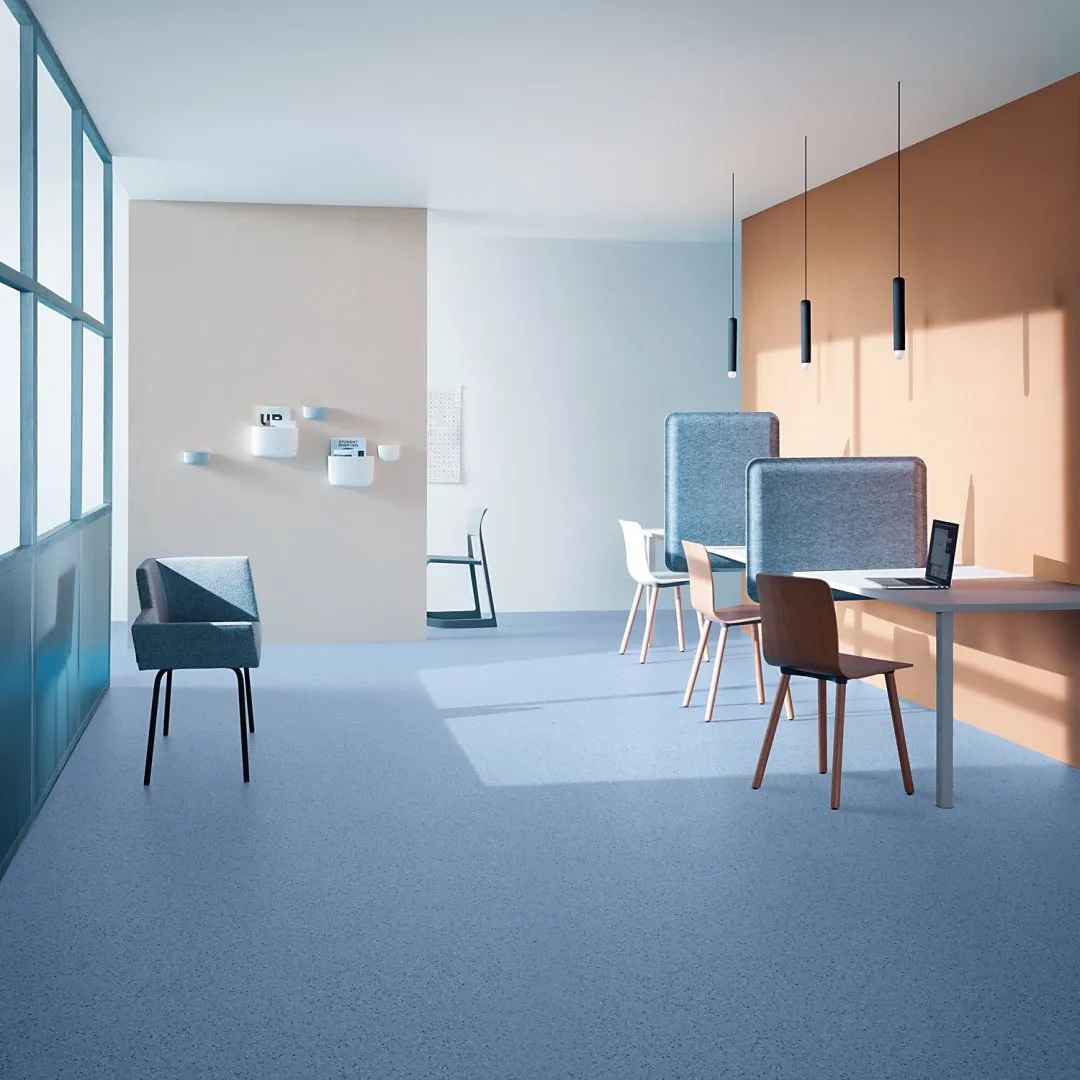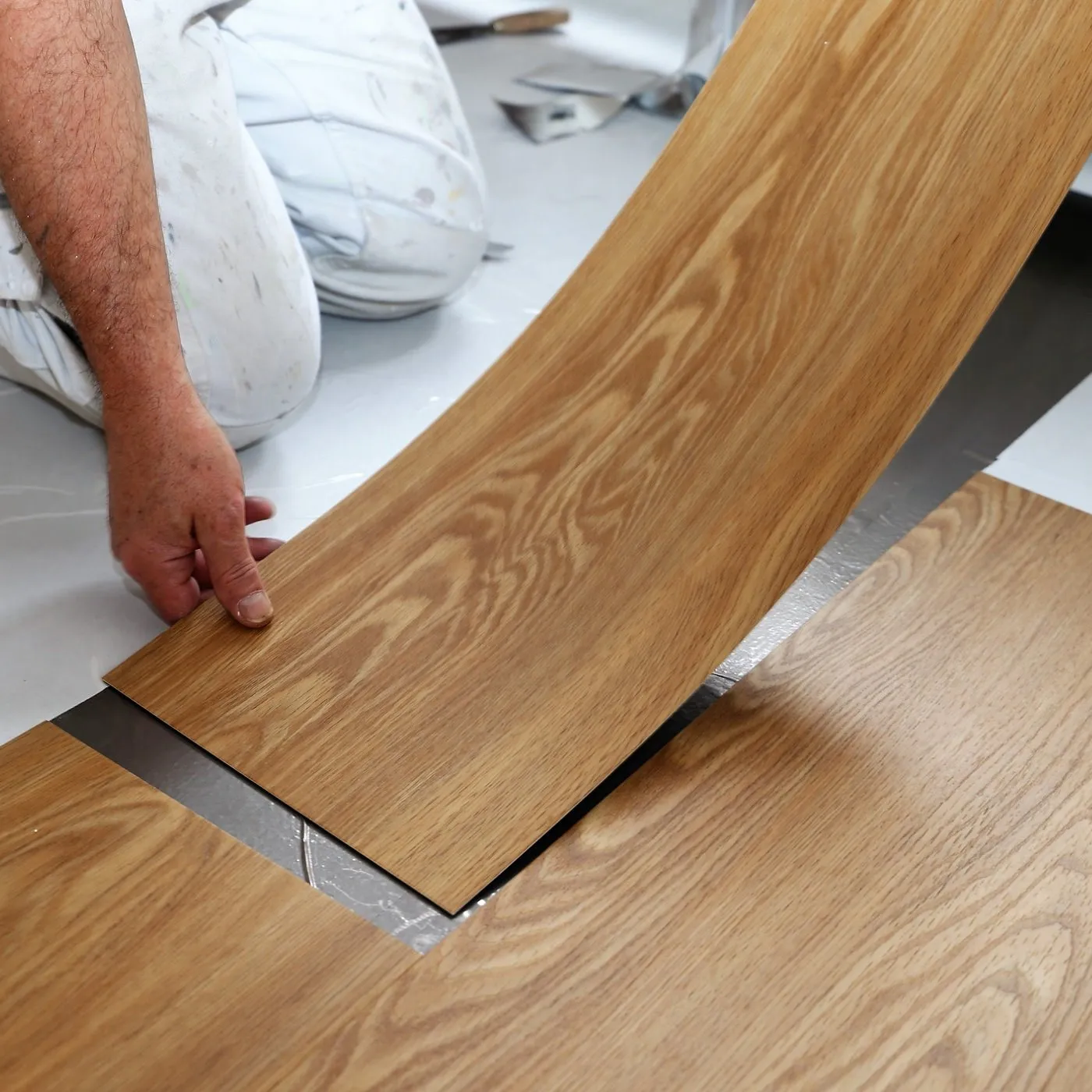SPC Hardwood Flooring Durable, Waterproof & Affordable Wood Look Floors
- Introduction: Understanding SPC Hardwood Flooring
- The Technological Edge of Hardwood SPC Flooring
- Price Breakdown and Market Comparison
- Leading Manufacturers and Their Propositions
- Customization Options and Design Versatility
- Real-world Applications and Performance Case Studies
- Conclusion: The Future Outlook for SPC Hardwood Flooring

(spc hardwood flooring)
Introduction: Understanding SPC Hardwood Flooring
SPC hardwood flooring merges traditional timber aesthetics with the latest advancements in rigid core technology. Blending stone plastic composite with authentic wood or realistic wood-like visuals, it creates a durable, stable, and visually pleasing flooring solution. Unlike standard hardwood, SPC planks are engineered to withstand moisture, temperature fluctuations, and high-traffic wear, making them highly suitable for both residential and commercial applications. In today’s flooring landscape, discerning buyers are keen on options that combine beauty, longevity, and value. This makes it critical to examine how hardwood SPC flooring stands out compared to its competitors based on technical capabilities, pricing, customization, and real-world performance metrics.
The Technological Edge of Hardwood SPC Flooring
Hardwood SPC flooring technology features multiple layers: a robust wear layer, a decorative vinyl film, an SPC rigid core composed of limestone and stabilizers, and a foam or cork backing for sound absorption. The rigid core delivers superior dent resistance, dimensional stability, and waterproofing. According to industry research, SPC floors rate up to 80% more resistant to indentation compared to traditional engineered hardwood, and can tolerate temperature swings between -20°C and 60°C without warping. These floors are also 100% waterproof, eliminating concerns related to kitchen or bathroom installation — a common weakness of classic hardwood. The integration of digital printing technology enables lifelike wood grains and textures, blurring the lines between authenticity and innovation. The result is low-maintenance flooring with lifespans that can exceed 20 years, depending on traffic and care routines.
Price Breakdown and Market Comparison
When evaluating the SPC flooring price per square foot, several cost drivers come into play: core thickness, wear layer, brand reputation, and geographic sourcing. On average, SPC hardwood flooring costs between $3.50 and $7.00 per sq.ft. installed, compared to $5.00–$12.00 for solid hardwood. Below is a comparative table showcasing SPC versus engineered hardwood and standard laminate (pricing, durability, and key advantages):
| Flooring Type | Average Price (per sq.ft.) | Waterproof | Resilience | Installation | Lifespan |
|---|---|---|---|---|---|
| SPC Hardwood Flooring | $3.50 – $7.00 | Yes | Very High | DIY/Professional | 15–25 years |
| Engineered Hardwood | $5.00 – $10.00 | No | Moderate | Professional | 10–20 years |
| Laminate Flooring | $1.50 – $4.00 | No (limited water resistance) | Medium | DIY/Professional | 10–15 years |
| Solid Hardwood | $7.00 – $12.00 | No | High (can refinish) | Professional | 30+ years |
According to a 2023 industry analysis, SPC flooring products account for nearly 35% of new residential floor installations in North America, a testament to their cost-to-performance ratio.
Leading Manufacturers and Their Propositions
Within the highly competitive flooring landscape, several manufacturers distinguish themselves in the hardwood SPC flooring sector by focusing on advanced core technologies, sustainability commitments, and design portfolios. Companies such as COREtec, Shaw Floors, and Mannington are recognized for robust warranties, rigorous environmental testing, and extensive color selections. Some brands offer commercial-grade wear layers up to 30 mil, while others focus on eco-friendly processes such as low-VOC adhesives and fully recyclable cores. When comparing manufacturers, buyers should assess criteria such as:
- Core Density: Higher limestone content increases rigidity and impact resistance.
- Click Locking System: Reliable systems facilitate floating installations and seamless plank joints.
- Warranty Coverage: Ranges from residential 15 years to limited lifetime for premium ranges.
- Environmental Certifications: GREENGUARD, FloorScore, and ISO compliance indicate minimal emissions and safe materials.
- Design Breadth: Look for brands offering both classic and contemporary finishes to match diverse interiors.
Ultimately, choosing a reputable supplier ensures product consistency, after-sales support, and reliable performance data.
Customization Options and Design Versatility
Modern SPC hardwood flooring solutions break beyond conventional sheet goods, offering extensive customization in planking lengths (ranging from 24” to 72”), widths, beveled edging, and surface treatments such as hand-scraped, matte, and high-gloss finishes. Many manufacturers now provide tailored color-matching for commercial branding or heritage restoration, responding to architects' and designers’ demands for authenticity and distinction.
- Embossed-in-Register (EIR) Texture: Synchronizes wood grain visuals with surface feel for unparalleled realism.
- Mixed Widths: Trending for rustic interiors, SPC planks can be alternated between 5”, 7”, and 9” widths per request.
- Underlayment Choices: Integrated IXPE foam or cork enhances acoustic comfort for multi-family buildings.
- Color and Finish Choices: From Scandinavian light oaks to deep walnut, nearly every wood species and patina can be replicated.
- Stair Nosing and T-Molding Coordination: For holistic project cohesion, accessories are often custom-fabricated to match planks.
This level of flexibility makes hardwood SPC flooring a fit for high-end retail, hospitality, office, and multi-unit residential builds, adapting to both modern and traditional design schemes.
Real-world Applications and Performance Case Studies
The practical impact of SPC hardwood flooring is best illustrated through field deployments. In a 2022 study, a national hotel chain retrofitted 18,000 sq.ft. of guest room corridors with 6.5mm thick SPC planks featuring a 20 mil wear layer. After one year, surface abrasion rated less than 2% despite luggage and cleaning equipment passing over the floor daily. In another case, a midwestern elementary school prioritized waterproof flooring for art classrooms; SPC was selected for its low VOCs and slip resistance, and maintenance logs confirmed 32% fewer callouts for spillage-related issues versus the previous vinyl covering. Office environments equipped with noise-dampening SPC underlayment reported a measurable reduction (28%) in ambient walking sound per independent acoustics lab reports.
These outcomes underscore why architects, builders, and property managers are increasingly specifying SPC for high-wear, high-expectation settings where traditional wood would have quickly succumbed to moisture or heavy footfall.
Conclusion: The Future Outlook for SPC Hardwood Flooring
As consumer preferences lean toward resilient, sustainable, and low-maintenance surfaces, SPC hardwood flooring is poised to capture even larger market share in the coming years. Thanks to ongoing material innovations, rising consumer education, and proven results in demanding environments, the trajectory for SPC hardwood flooring solutions is unmistakably upward. Additionally, with the growth of remote work and home improvement spending, demand for visually warm yet functionally uncompromising flooring options is expected to accelerate. Suppliers investing in environmental stewardship, digital manufacturing precision, and quick-turn customization are likely to lead this fast-growing segment. For property owners, facility managers, and designers seeking products that deliver compelling savings, aesthetic freedom, and long-term reliability, the new generation of hardwood SPC flooring stands out as a clear frontrunner.

(spc hardwood flooring)
FAQS on spc hardwood flooring
Q: What is SPC hardwood flooring?
A: SPC hardwood flooring is a type of rigid core vinyl flooring that mimics the look of natural hardwood. It’s durable, water-resistant, and easy to maintain. This flooring option combines the style of hardwood with the resilience of SPC (Stone Plastic Composite).Q: How does hardwood SPC flooring differ from traditional hardwood?
A: Hardwood SPC flooring uses a photographic layer to replicate wood, while traditional hardwood is made from solid timber. SPC flooring is more resistant to moisture, scratches, and dents. It's also generally more affordable than genuine hardwood.Q: What are the main benefits of SPC hardwood flooring?
A: SPC hardwood flooring offers high durability, water resistance, and easy installation. It requires less maintenance than real hardwood. Its realistic wood appearance suits various interior styles.Q: What is the average SPC flooring price per square foot?
A: SPC hardwood flooring typically costs between $2 and $7 per square foot, depending on quality and brand. The price can vary based on thickness, texture, and additional features. Always check with local suppliers for the most accurate pricing.Q: Is SPC hardwood flooring easy to install?
A: Yes, SPC hardwood flooring usually features a click-lock installation system. This makes it suitable for DIY projects and reduces installation time. Professional installation is also available for optimal results.-
Masking Tape: Clean Removal, Precision Lines, Pro-GradeNov.10,2025
-
Skirting: MDF, Oak & SPC | Durable, Easy-FitNov.10,2025
-
Commercial VCT Tile Flooring – Durable, Low-MaintenanceNov.10,2025
-
LVT Vinyl Floors – Waterproof, Scratch‑Resistant, Easy ClickNov.10,2025
-
Masking Tape - Pro-Grade, Clean Removal, Crisp LinesNov.10,2025
-
Premium Masking Tape - Sharp Lines, Clean RemovalNov.10,2025




